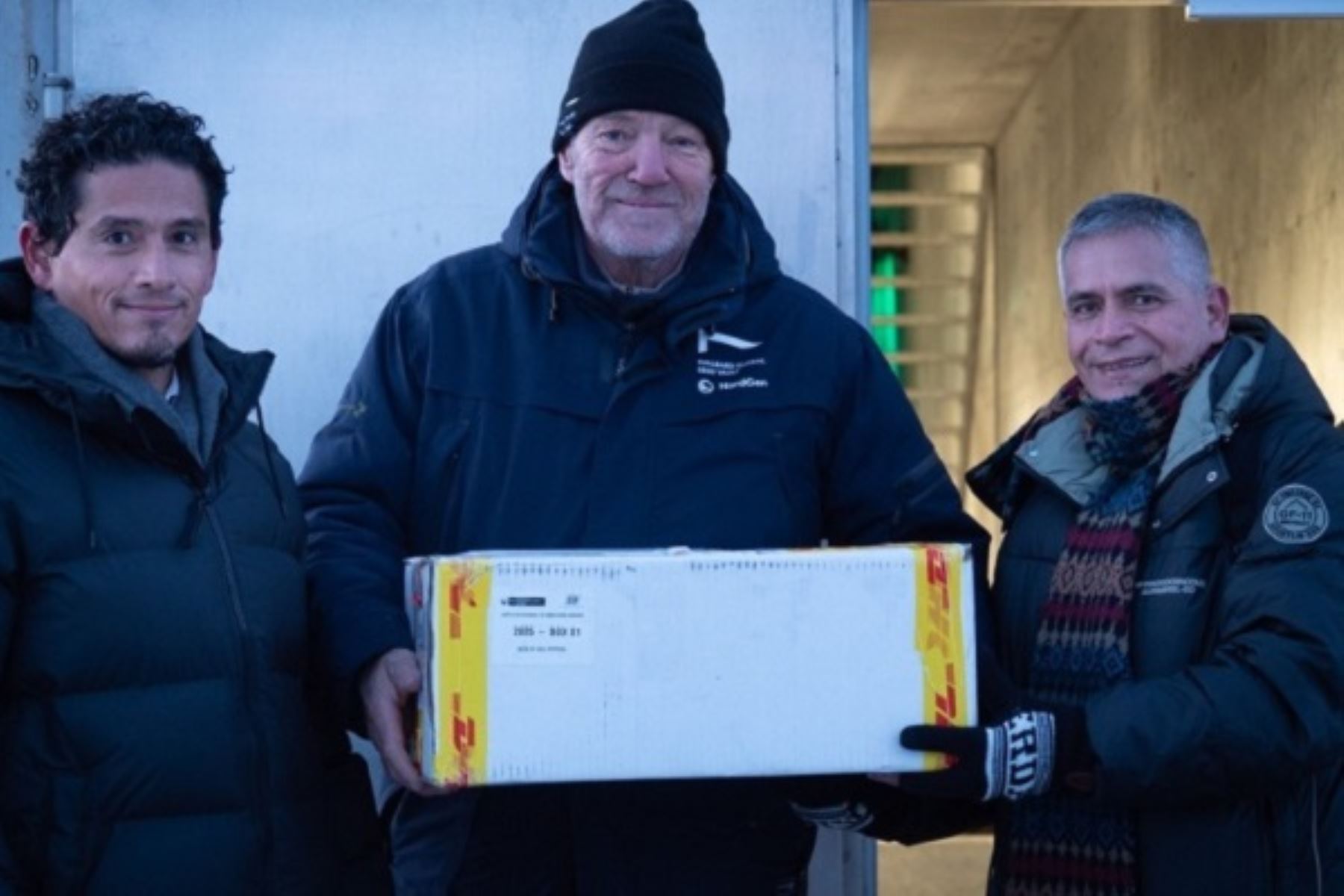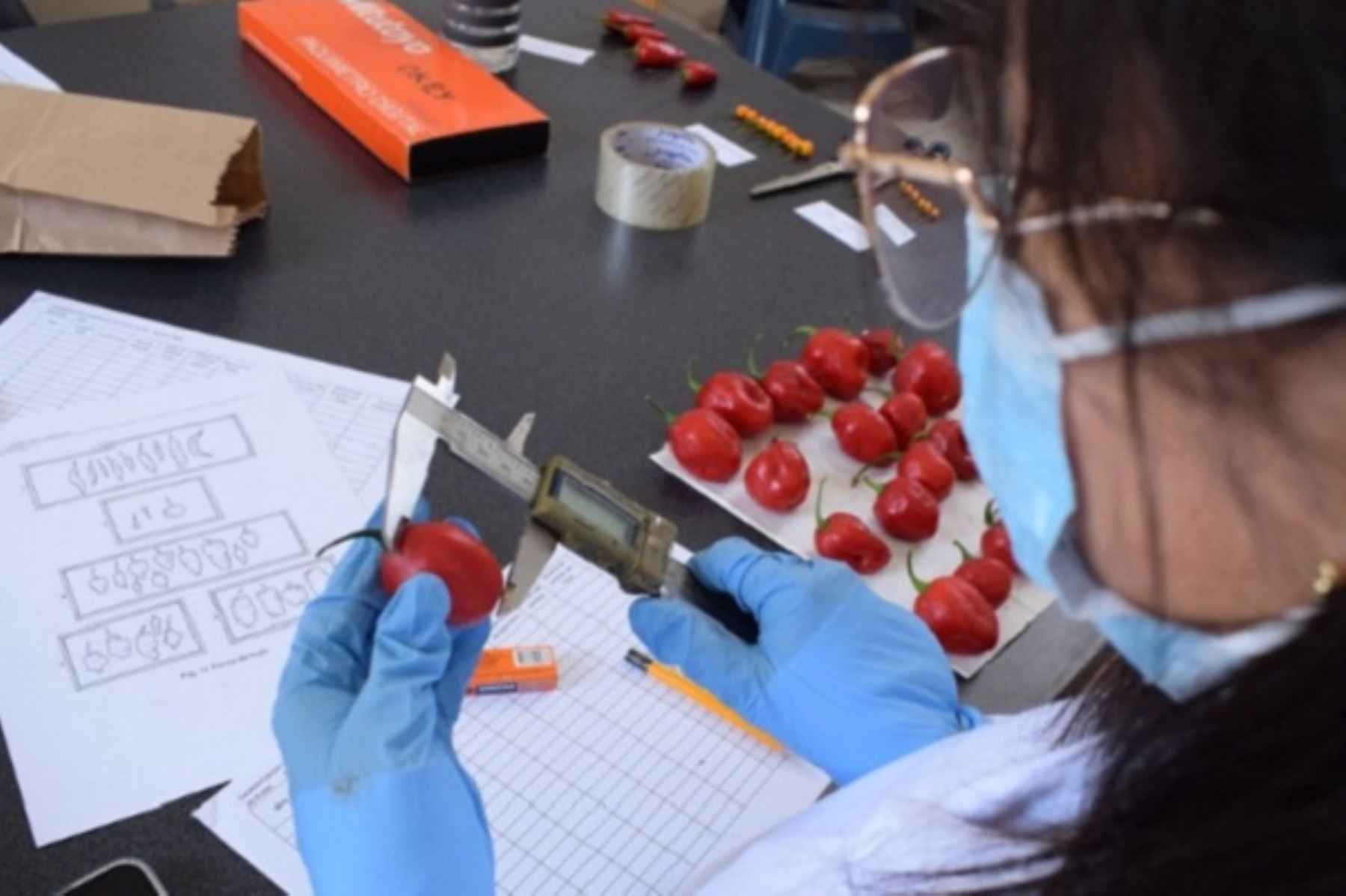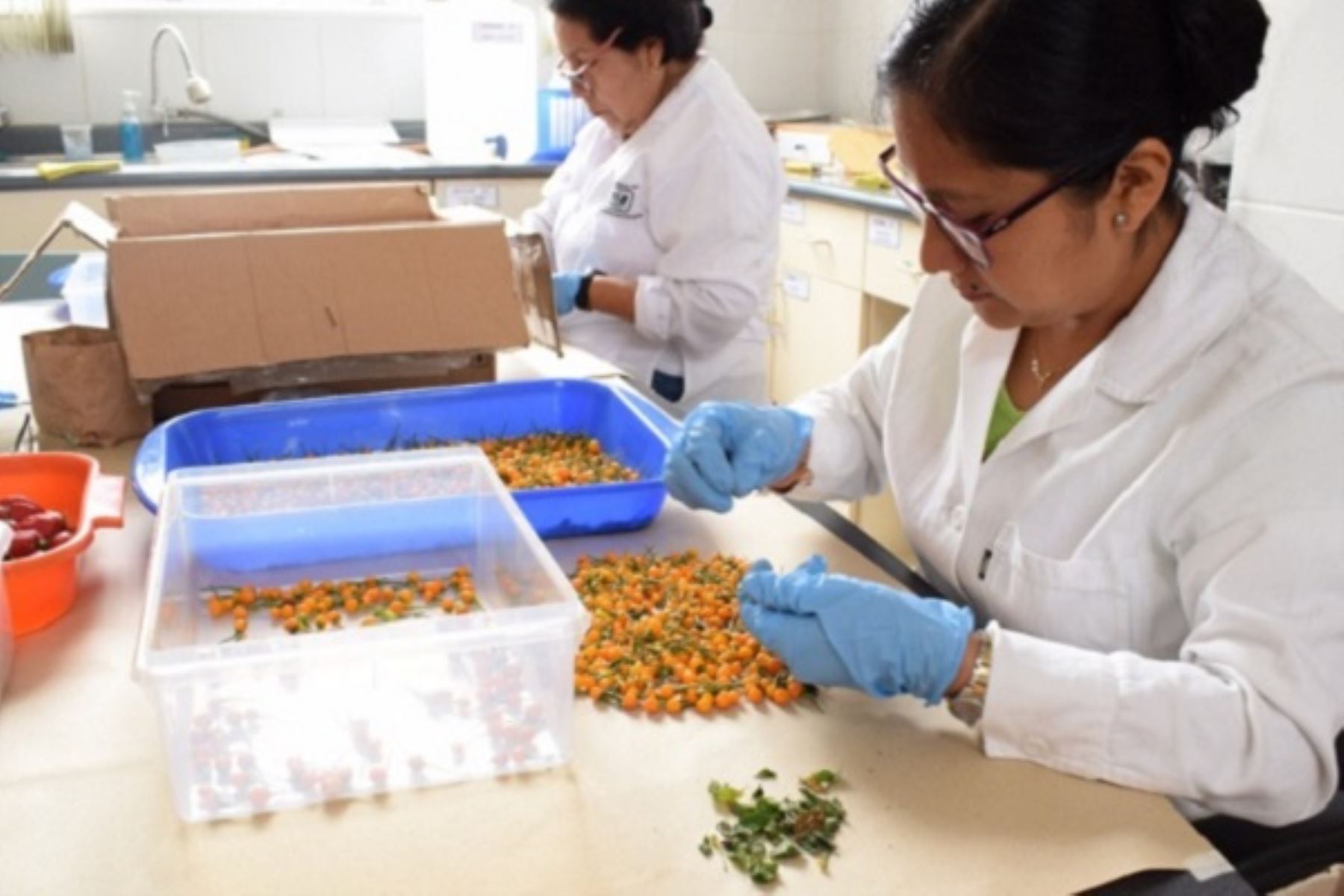Peru took a historic step in the conservation of its agricultural wealth. For the first time, the Ministry of Agrarian Development and Irrigation (Midagri), through the National Institute of Agrarian Innovation (INIA), sent native chili pepper seeds to the Svalbard Global Seed Vault in Norway, known as the "world's seed vault."
This deposit not only ensures the preservation of Peruvian chili peppers for the future, but also guarantees that, if a global cataclysm or disaster ever occurs, the seeds can be reproduced again.
In this way, the flavor, color, and history of Peruvian chili peppers will live on for generations.
"The deposit we are making today symbolizes a vision for the future: protecting our seeds means protecting the life, identity, and food of tomorrow. Our chili peppers will be safe even in the face of the greatest disasters," said Jorge Ganoza Roncal, Executive President of INIA.
"Thanks to this step, the flavor of Peru will never be lost," he added.
He expressed this when referring to the importance of protecting the seeds that sustain our food.
The 25 samples sent belong to four species of the Capsicum genus (C. chinense, C. frutescens, C. baccatum, and C. annuum), recognized for their diversity of flavors, colors, and spiciness. This variability is key to creating new varieties that are more resistant to climate change.
This milestone was achieved with the support of the Nordic Genetic Resource Center (NordGen), an international center dedicated to the conservation of genetic resources, which supported Peru throughout the process of sending and safeguarding its seeds in the Svalbard Global Vault.

The Vault of the World
More than 130 meters deep inside a mountain, on an Arctic island, lies the Svalbard Global Seed Vault, also known as the "doomsday ark."
This place was built to withstand anything: earthquakes, volcanic eruptions, and even solar radiation. Thanks to the natural cold of the permafrost, seeds are preserved without the need for electricity.
More than 1.3 million seed samples from almost every country on the planet are stored there, representing more than 6,000 crop species. It is, literally, the backbone of global agriculture.
Peru now has a space in this vault thanks to institutions that have entrusted their genetic treasures to the Arctic.
For example, the International Potato Center (CIP) preserves 9,931 potato varieties there, the Potato Park community has deposited 750 samples of native potatoes, and the La Molina National Agrarian University preserves 1,296 varieties.
A bank that protects the life and identity of Peru
The INIA Germplasm Bank is, literally, the "great treasure" where Peru preserves its agricultural diversity. Its laboratories preserve more than 17,000 seeds of all kinds: grains, fruits, roots, and even native plants that are part of our history and who we are as a country.
These collections are distributed across 21 Agricultural Experiment Stations and represent 56 different crops that are protected for future generations.
Among its greatest achievements are the conservation of 11 of the 13 recognized tomato species in the world, as well as an impressive variety of Andean grains.

The FAO considers this collection one of the most diverse on the planet: more than 1,300 types of quinoa, 388 types of kiwicha, 253 types of cañihua, and 1,000 types of tarwi. Native fruit trees, cacao, colorful cotton, and Andean roots are also cultivated, true jewels of the Peruvian countryside.
Therefore, the Peruvian chili pepper could not be missing, as it not only gives flavor to our cuisine but also represents our culture and identity. Behind each variety are thousands of farming families who keep this tradition alive from the coast to the jungle.

Commitment to the future
With this first shipment, Peru paves the way for other national agricultural species to be protected in the future, thus strengthening the country's and the world's food security.
With this action, the Ministry of Agriculture, Livestock, and Fisheries (Midagri) reaffirms Peru's leadership as one of the most biodiverse countries in the world, committed to protecting its genetic heritage and the future of global food.
(END) NDP / MDV
More in Andina:
Published: 10/23/2025